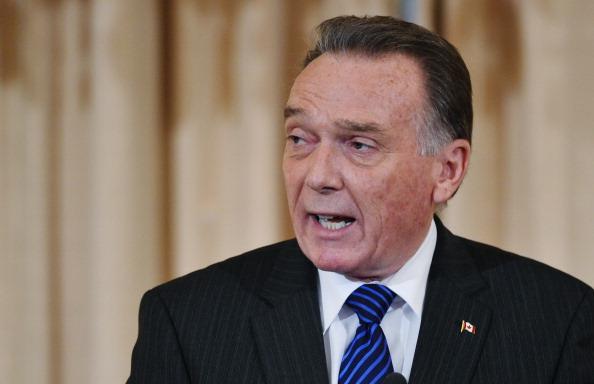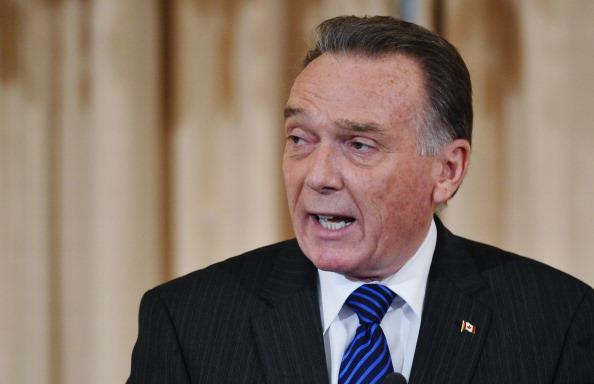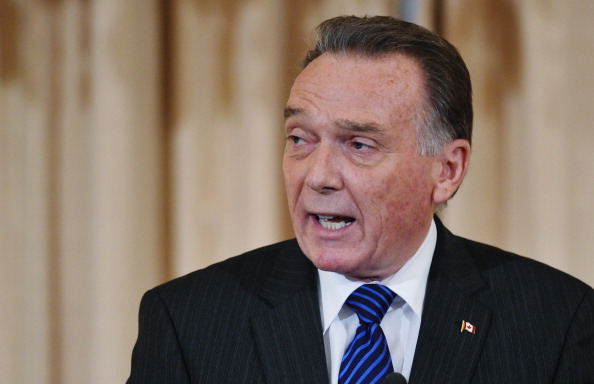Environment Minister Peter Kent has announced Canada’s latest round of funding to support climate change adaptation and mitigation efforts in developing countries.
Making the announcement from Doha, Qatar, where he participated in the UN Climate Change Conference, Kent said in a statement that the financing provides “concrete help for some of the most vulnerable countries and is reducing greenhouse gas emissions through investments in climate-friendly growth.”







